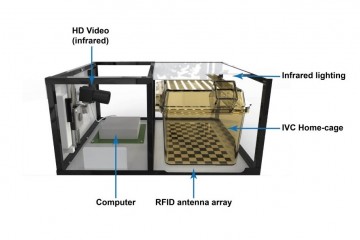CRACK IT Solution
Rodent Big Brother

At a glance
Completed
Award date
June 2015 - January 2020
Contract amount
£30,000
Contractor(s)
R
- Refinement
